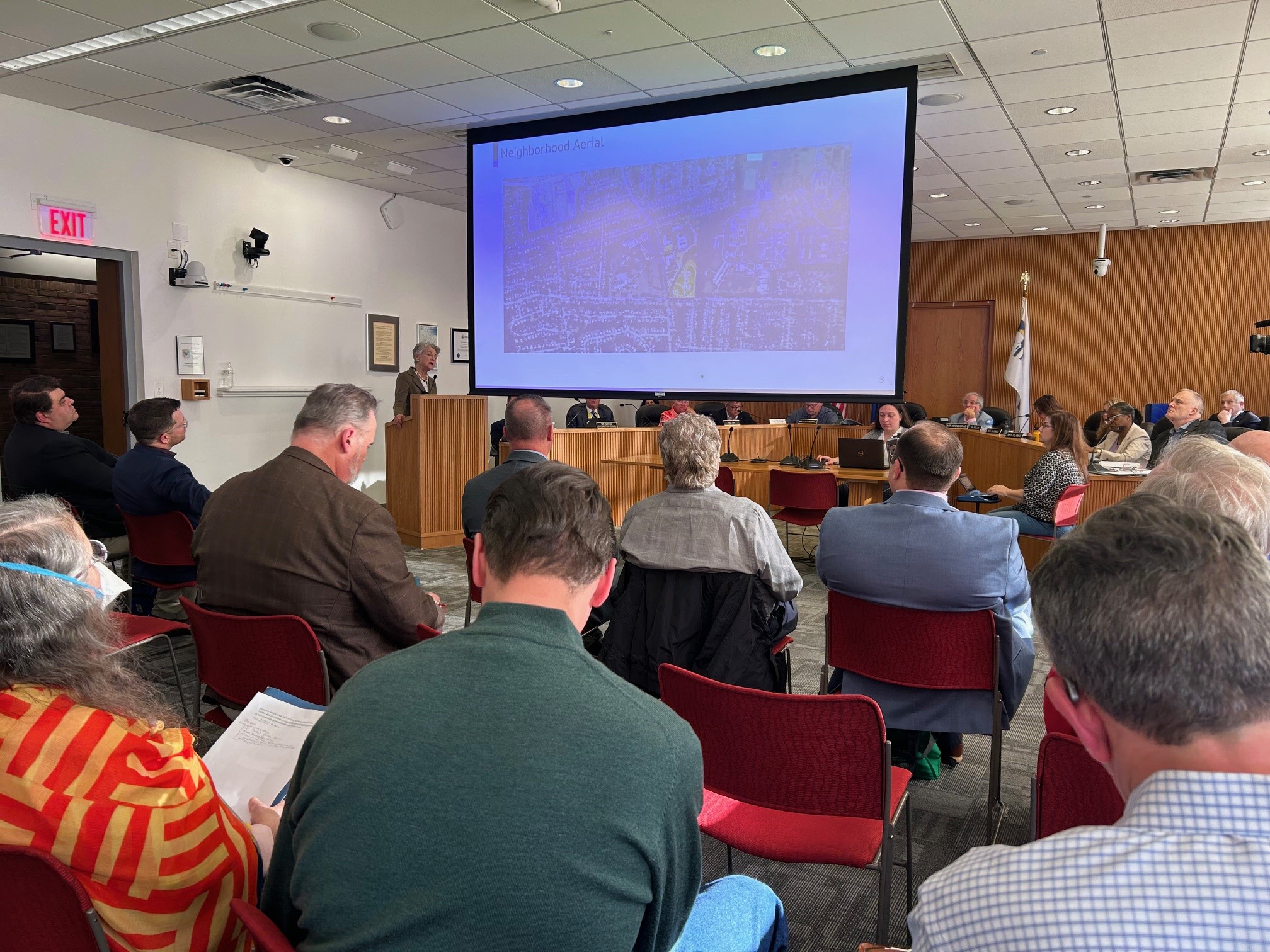A group of thirty high school students – some from Connecticut, but at least one from outside the United States – is finishing up the latest Crime Scene Investigation Camp at University of New Haven.
Many of them already have identified career aspirations.
“I want to be an FBI agent,” said Hannah Davis, of Stafford.
Hannah carries the confidence of a seasoned crime-solver, in part, she says, because of the five-day course.
“I think it will help me a lot because, I mean, I’m going to have to do all this stuff and I’m going to be there,” she explained.
UNH forensics professor Peter Massey describes the course as a comprehensive, hands-on curriculum that includes “identification of evidence, recognition of evidence, documentation and collection of evidence, and then ultimately presenting their findings in our mock court.”
Massey said the CSI Camp, in its seventh year of summer sessions, was conceived in response to growing enthusiasm among kids, driven by real-life media coverage and crime shows.
Local
The course is taught at UNH’s Henry C. Lee Institute, and although Dr. Lee isn’t directly involved in this latest edition, he is nationally recognized for forensic crime lab work and consulting, having appeared on many nationally-aired real-life crime broadcasts.
Massey said the course has received an overwhelming response.
“We just found that there was a niche missing, where the high school kids really had an interest but had no way to express it,” he said.
Now they do. The class is broken into groups of five, with each team assigned a different case.
“There’s a stab victim in there, and we’ve got a knife behind the couch and signs of a struggle,” said Tyler Finn, of North Branford, pointing to the room where his team is processing a scene.
Davis’ group has a different situation.
“Someone was shot twice in a movie theater,” she explained.
Davis' teammate, high school sophomore Julia Bova, of Stamford, has dreamed of being a forensic scientist since second grade. One of Bova’s favorite elements of the course has been learning how blood patterns can reveal a slew of crucial evidence.
“If somebody shoots somebody, or something, like, which direction they shot them at, just by looking at the blood, so I thought that was really cool,” said Bova.
To learn more or enroll in future CSI camps, visit the University of New Haven Web site.



